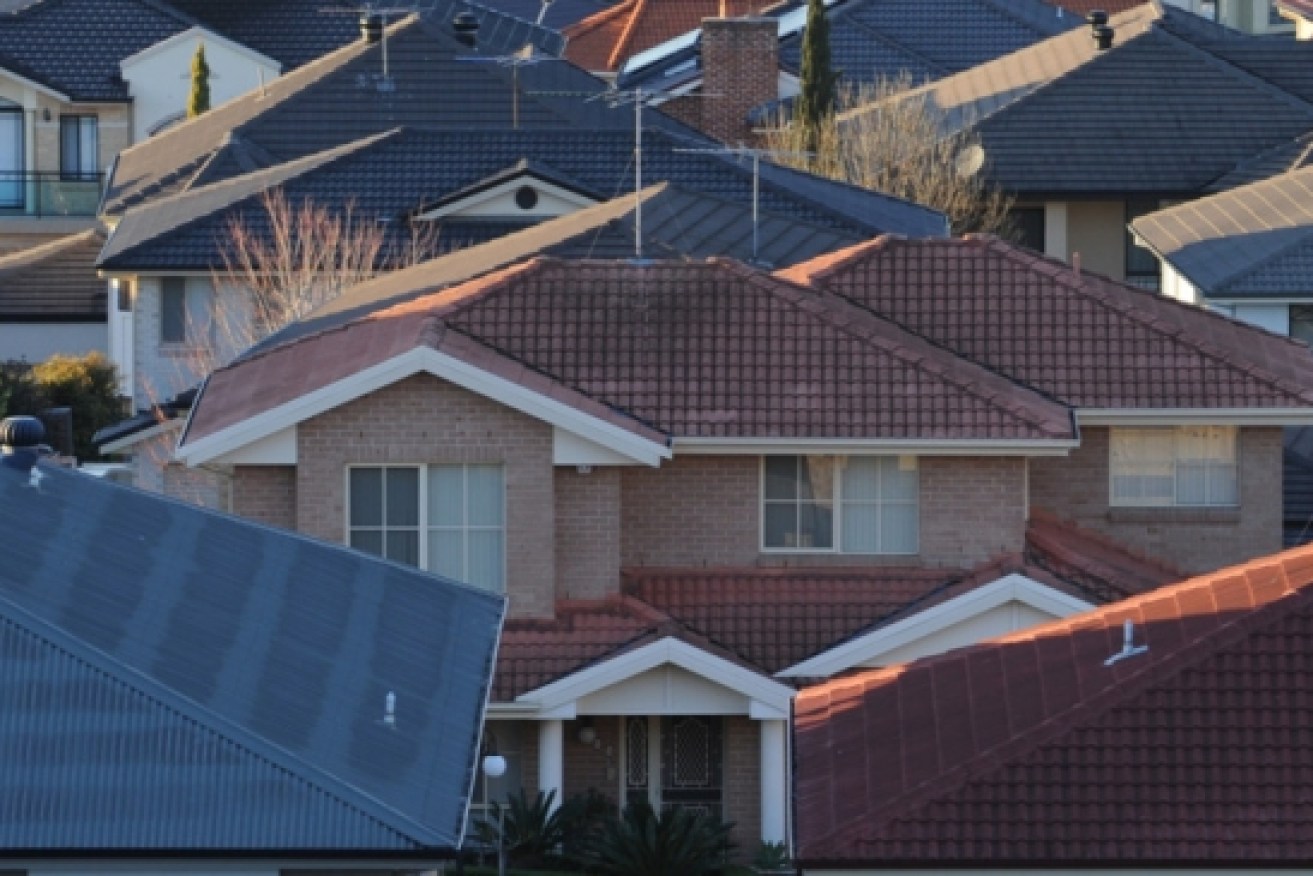Ratepayers to foot multi-million dollar bill for Govt housing conversion
Councils around the state will collectively lose millions of dollars each year as the Government gives thousands of Housing Trust properties over to not-for-profit providers, the Local Government Association says.


But a peak group for not-for-profit housing providers says converting the properties will deliver millions of dollars in new federal funding to improve the lives of the state’s most vulnerable people.
Under South Australian legislation, not-for-profit housing providers are entitled to a 75 per cent rebate on council rates, whereas the Housing Trust must pay full rates on its properties.
In 2013, the State Government approved a phased transfer of 5000 Housing Trust properties to community housing providers; Renewal SA is now planning to turn over 12,000 homes to not-for-profits by 2020.
The Local Government Association (LGA) now says the property transfers will cost affected councils $4.4 million each year.
LGA SA President Lorraine Rosenberg told InDaily that while her organisation supports the objectives of the policy – improving the supply and quality of affordable housing – and acknowledges that a growing waiting list for affordable housing is a problem, it rejects the notion that councils should foot the bill.
“We don’t believe that councils and ratepayers should be left to pick up the tab, and Renewal SA’s consultation sham with councils and the LGA shows contempt for councils and ratepayers who are ultimately paying,” Rosenberg said.
“Public housing tenants use as many services as the average ratepayer, so it’s not fair to expect neighbouring rate payers to subsidise this State Government policy.”
So far, 1100 properties have been transferred from the Housing Trust. Not-for-profits running those properties have agreed to pay full council rates, for the first three years, as part of their contract with the Government.
Another 4000 properties are due to be transferred this year.
Rosenberg said the rebates should ultimately be phased out, and in the meantime the State Government should compensate councils for the losses.
“Councils and their communities along with the Federal Government are paying for the State Government’s community housing policy,” she said.
“Councils are already facing increased cost pressures through escalating energy costs, rising State Government taxes and levies, and declining federal grants.
“Ultimately, we want to see these mandatory rates rebates phased out, but in the short term we’re calling on the State Government to establish an infrastructure renewal fund, that would receive Government funding equal to the amount of rates revenue being lost to rebates.”
She said revenues from such a fund would be used to maintain essential local infrastructure.
But Community Housing Council of South Australia executive officer Carmel Rosier told InDaily all levels of government should take responsibility for affordable housing and that there was “a really strong social argument” for redirecting funds that would otherwise be spent on infrastructure into affordable housing.
She said not-for-profit housing providers were eligible for federal rental assistance funding (for which Housing Trust homes are not eligible) amounting to about $10 million every year.
Rosier said the funding would go towards maintaining and refurbishing properties that had fallen into disrepair.
“There’s a serious shortage of affordable housing in South Australia,” Rosier said.
“There’s been no growth in social housing [in recent years] in South Australia outside of community housing.”
She added that the Housing Trust works on a “deficit model” – where the payments received from tenants are not enough to fund the maintenance of the properties, and that not-for-profits were better placed to provide for some the state’s most impoverished people.
A Renewal SA spokesperson told InDaily not-for-profit providers would “be able to construct about 1200 new [affordable housing] homes across South Australia thanks to the financial advantages enjoyed by not-for-profit organisations”.
“The providers expect to attract about $300 million for new housing investment, supporting about 180 jobs a year for 10 years,” the spokesperson said.
“The transfer will generate an estimated $10m a year in additional Commonwealth rent assistance funding and will provide about $15 million a year towards the maintenance and upgrade of existing Housing Trust properties.”
The Government acknowledged the impact on councils, but suggested it was a reasonable impost.
“Local government already provides rebates for a wide range of purposes that benefit the community, so it’s not unreasonable to ask local government to make a contribution to delivering more affordable housing for South Australians,” the spokesperson said.
“While the State Government acknowledges concerns about the impact of legislated rebates among some councils, the State Government’s position continues to be that rates will be negotiated on a case-by-case basis.”
According to an LGA spokesperson however, “there is also no clear scope or guidelines for negotiation on a case-by-case basis”.
Adelaide City Council’s finance and businesses associate director Mark Gray told InDaily there were about 550 Housing Trust properties in the City of Adelaide and that the Government had recently advised the council “various SA Housing Trust properties” would be transferred to not-for-profits.
“Council administration is currently assessing the potential impact of this transfer on ratings assessments for these properties and council’s rates revenue, and the social benefits that may arise from this policy,” said Gray.




